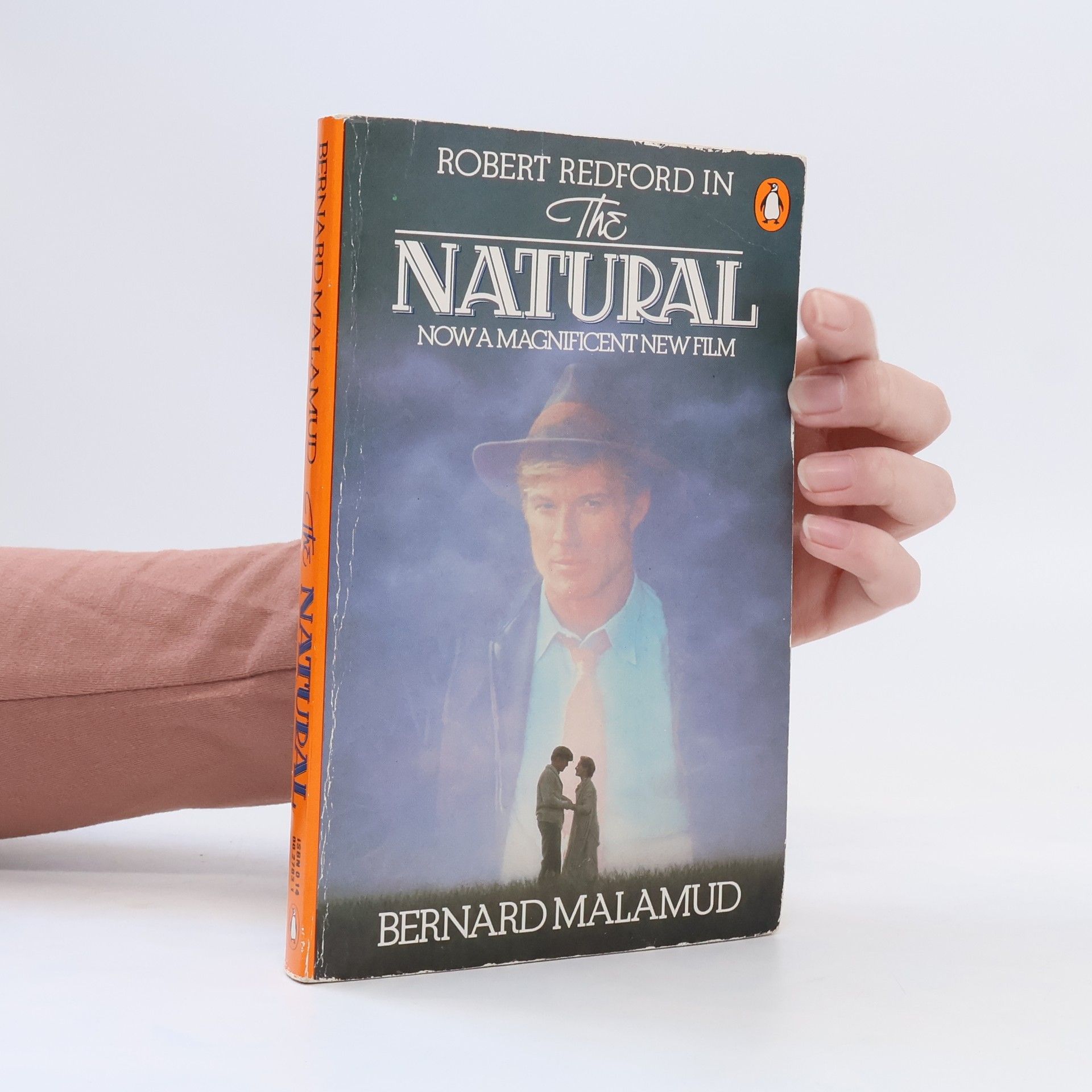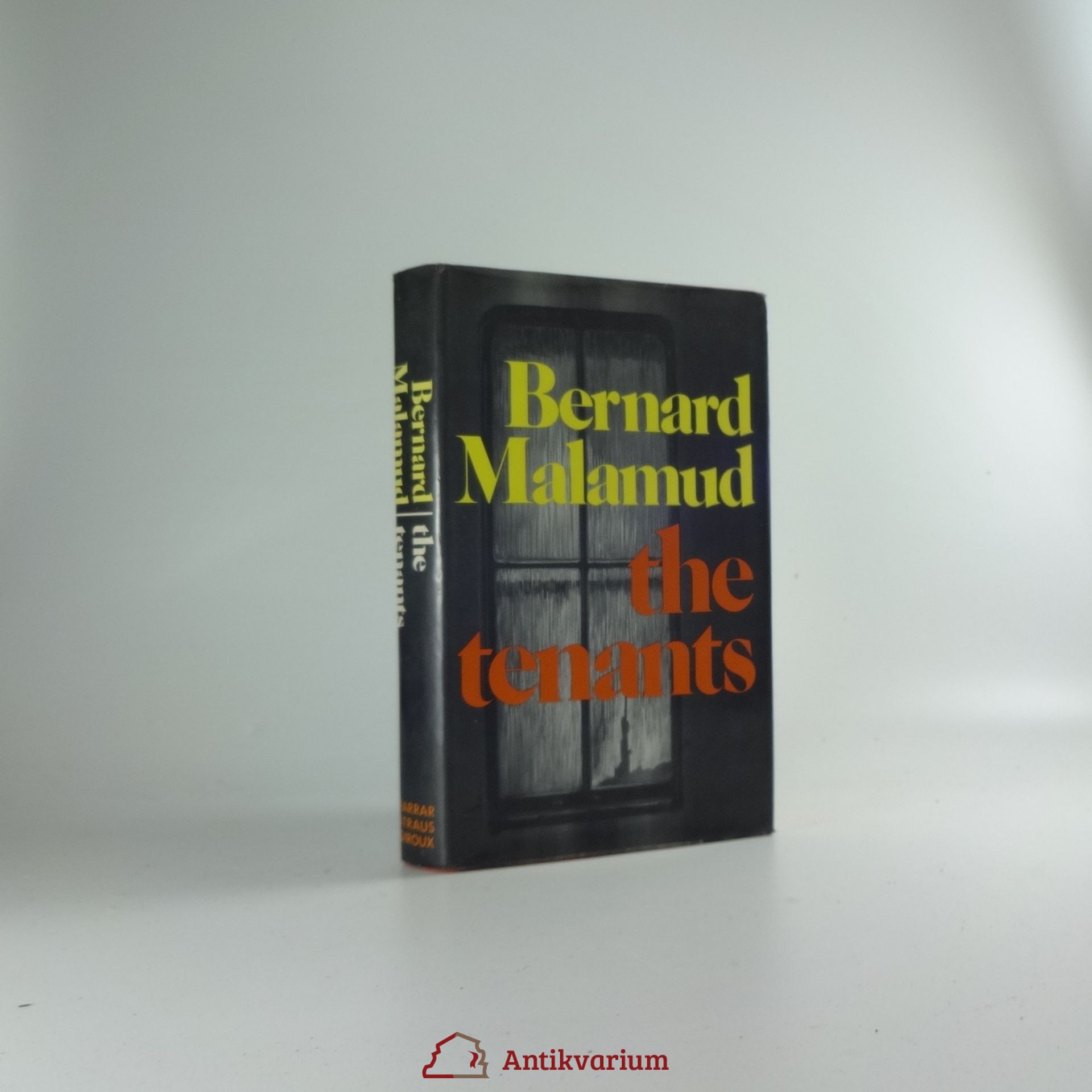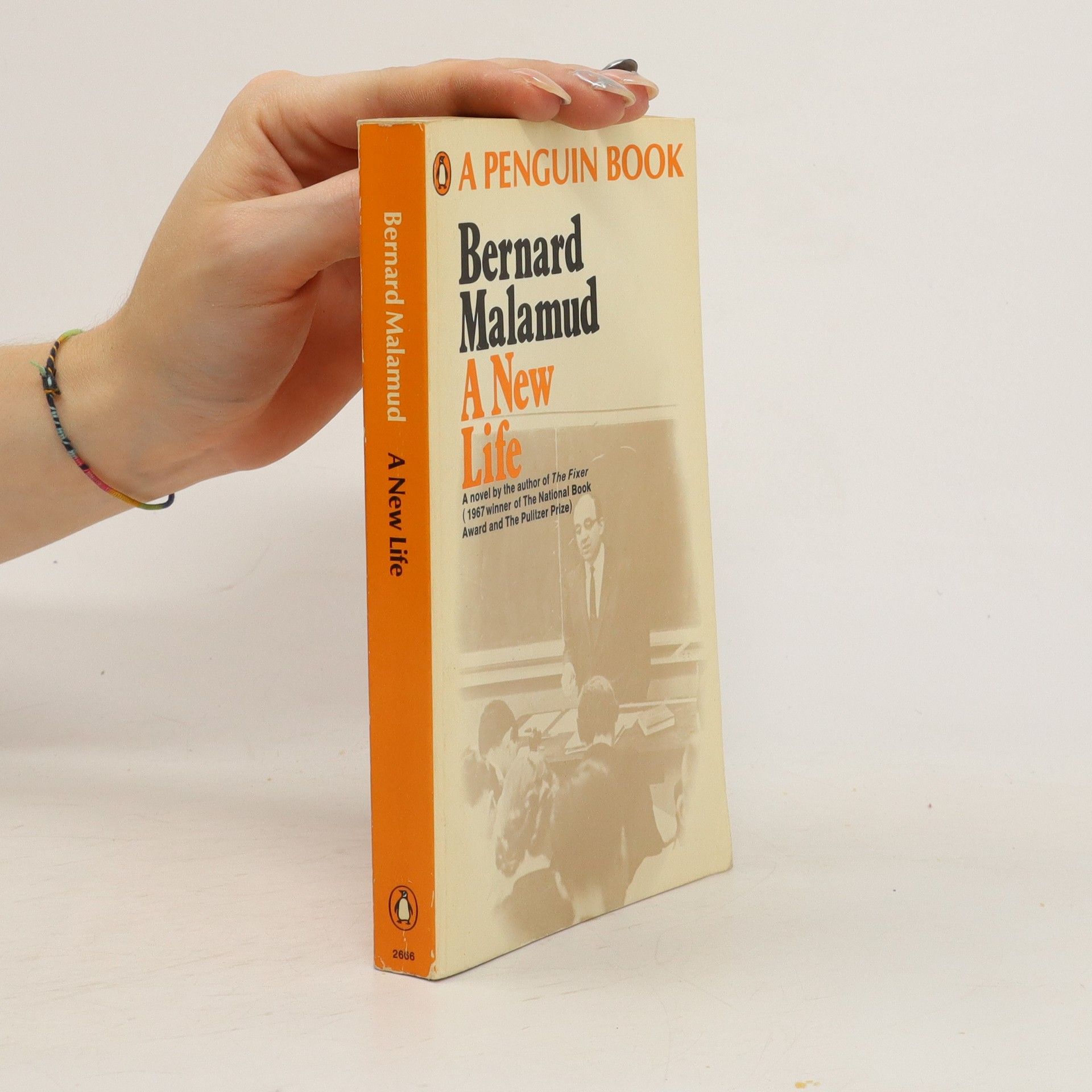Selected Stories
- 368pages
- 13 heures de lecture
Compassionate and profound in their wry humor, this collection of stories captures the poetry of human relationships at the point where reality and imagination meet.
Bernard Malamud était un auteur américain d'origine juive dont les œuvres explorent souvent les thèmes de l'identité, de l'exil et de la quête de sens. Sa prose, marquée par un mélange d'humour mélancolique et de sensibilité à la fragilité humaine, capture les complexités de la vie moderne. Il excellait dans la création de personnages mémorables naviguant à travers les épreuves tout en conservant leur humanité et leur espoir. L'écriture de Malamud offre des perspectives profondes sur l'expérience juive américaine et les aspects universels de la condition humaine.







Compassionate and profound in their wry humor, this collection of stories captures the poetry of human relationships at the point where reality and imagination meet.
When Rembrandt the bear loses his special lucky hat, he finds that neither a bird nor a clown hat can replace it.
A matchmaker finds love for a would-be rabbi; a shopkeeper dies because he cannot afford a doctor; a little girl steals candy; an angel visits a grieving tailor. Through Malamud's great gifts as a writer - humour and profound concern for the matter of human life - he transmutes the particular struggles of everyday sufferers into a strange poetry.
With a new introduction by Aleksandar Hemon In "The Tenants" (1971), Bernard Malamud brought his unerring sense of modern urban life to bear on the conflict between blacks and Jews then inflaming his native Brooklyn. The sole tenant in a rundown tenement, Henry Lesser is struggling to finish a novel, but his solitary pursuit of the sublime grows complicated when Willie Spearmint, a black writer ambivalent toward Jews, moves into the building. Henry and Willie are artistic rivals and unwilling neighbors, and their uneasy peace is disturbed by the presence of Willie's white girlfriend Irene and the landlord Levenspiel's attempts to evict both men and demolish the building. This novel's conflict, current then, is perennial now; it reveals the slippery nature of the human condition, and the human capacity for violence and undoing.
The classical novel (and basis for the acclaimed film) now in a new edition Introduction by Kevin Baker The Natural, Bernard Malamud's first novel, published in 1952, is also the first—and some would say still the best—novel ever written about baseball. In it Malamud, usually appreciated for his unerring portrayals of postwar Jewish life, took on very different material—the story of a superbly gifted "natural" at play in the fields of the old daylight baseball era—and invested it with the hardscrabble poetry, at once grand and altogether believable, that runs through all his best work. Four decades later, Alfred Kazin's comment still holds true: "Malamud has done something which—now that he has done it!—looks as if we have been waiting for it all our lives. He has really raised the whole passion and craziness and fanaticism of baseball as a popular spectacle to its ordained place in mythology."
One of the great story collections of our time. Bernard Malamud's first book of short stories, The Magic Barrel, has been recognized as a classic from the time it appeared in 1958. Malamud had published two novels, The Natural & The Assistant, but in these thirteen stories he found the voice that eventually made him one of the most admired & beloved American writers of this century. The stories are set in New York and in Italy (where Malamud's alter ego, the struggling New York Jewish painter Fidelman, roams amid the ruins of old Europe in search of his artistic patrimony); they tell of egg candlers and shoemakers, matchmakers and rabbis, in a voice that blends vigorous urban realism, Yiddish idiom, and a dash of Chagallish artistic magic. In recent years, immigrant writers from around the world have acknowledged the book as a landmark in the literature of migration. Few books of any kind have managed to depict heartbreak with such delight, or such artistry-and it is these qualities that make The Magic Barrel so great and so deeply human a collection.
Frank Alpine, a drifter fleeing from his past, runs straight into struggling Brooklyn grocer Morris Bober. Seeing a chance to atone for past sins, Frank becomes Bober's assistant and keeps shop when the owner takes ill. But it is Bober's daughter, Helen, who gives Frank a real reason to stay around, even as he begins to steal from the store. Widely considered as one of the great American-Jewish novels, 'The Assistant' is a classic look at the social and racial divides of a country still in its infancy, and a stunning evocation of the immigrant experience - of cramped circumstances and great expectations.
Arthur Fidelman, Bronx-born and raised, is a self-confessed failure as a painter. When he goes to Italy to prepare a critical study of Giotto, a zany adventure ensues. Pursued through the streets of Rome by the refugee Susskind, forced to abandon Giotto, feeling a reawakening desire to create art, falling into the hands of art thieves, hand-carving wooden Madonnas for sale, becoming a pimp, attempting to sculpt the perfect hole, Fidelman is a comic creation of genius.